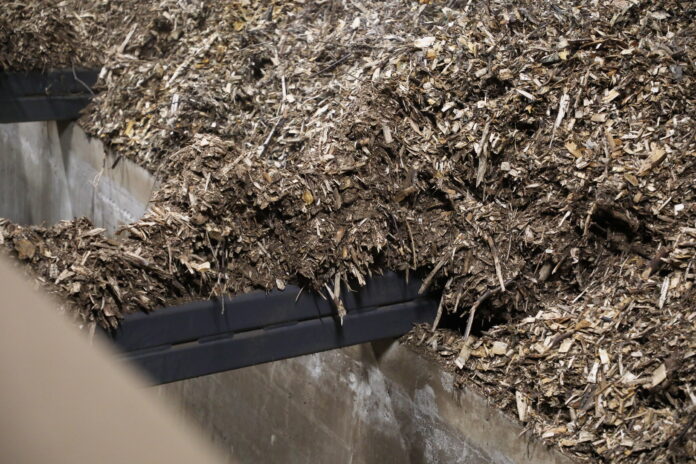The newly-formed Ministry of Climate and Energy, as reported by Raimonds Čudars’ strategic communication advisor, reminds that Latvia is among EU member states that categorically object to the European Parliament’s proposed amendments in relation to «primary biomass».
«Primary biomass» or «lumber taken from forests» in this case is wood chips – a by-product from lumber processing. It can serve as a fuel in specialised furnaces or biomass energy plants. Wood chips can also be used in production of particle board or particle board blocks, as well as agriculture, gardening and elsewhere.
European Parliament’s proposal is amending the Renewable Energy Resources Directive. Although at their core amendments do not mean a full ban on use of biomass as fuel, they do provide for excluding primary forest biomass from all state support plans, renewable energy goal and longevity criteria.
As a result of this, forest biomass fuel would not be considered zero CO2 emission fuel and would be considered equal to fossil fuel.
The intended amendments, the ministry warns, would mean additional emission quotas for wood chips. This would make bioenergy financially unattractive.
This regulation would apply to to the central heating system and boiler houses, which mostly use wood chips. EP’s proposals state support will not be provided to furnaces the output of which exceed 7.5 MW.
Amendments are not expected to apply to burning firewood in furnaces of individual homes.
The statement from the ministry mentions this proposal could put at risk EU member states’ ability to ensure energy security using local renewable energy, which may, in turn, undermine EU’s movement towards climate neutrality. The proposal may promote use of fossil fuel and imported energy resources, so that member states are able to supply themselves with necessary energy, especially heating energy. In the event this proposal is passed, bioenergy may lose its advantages.
As previously reported, the European Commission’s developed Directive for Renewable Energy current redaction includes a proposal to cease using ‘primary forest biomass’ for energy generation after 2030. At the same time European Nordic Region’s state forest owners-representing organisations, have already sent EU institutions a set of explanations why this proposal should not be approved.
Generally speaking, Latvia supports EU’s movement towards more expansive use of renewable energy, the ministry explains. However, EP’s proposal – to completely exclude primary biomass energy from renewable energy and sustainable fuel categories – could potentially cease procurement of locally generated energy for Europe, as well as impact residents’ overall solvency.
Latvia’s Ministry of Climate and Energy invites EP to look for technological solutions and promote research actions to develop alternatives and provide the EU with a way to transition towards emission-free technologies in the future. This is especially vital for countries that experience particularly low air temperatures during winter and which have more heating days than average in the EU.
Currently the Council of Europe, European Commission and European Parliament are engaged in a trialogue in regards to amendments to this directive. So far there has been only one meeting on the topic of aforementioned bioenergy. This is why it is still possible to change amendments, the ministry stresses in its statement.
Also read: Constitutional Court to look into Latvian government’s given permission to cut down young forests

